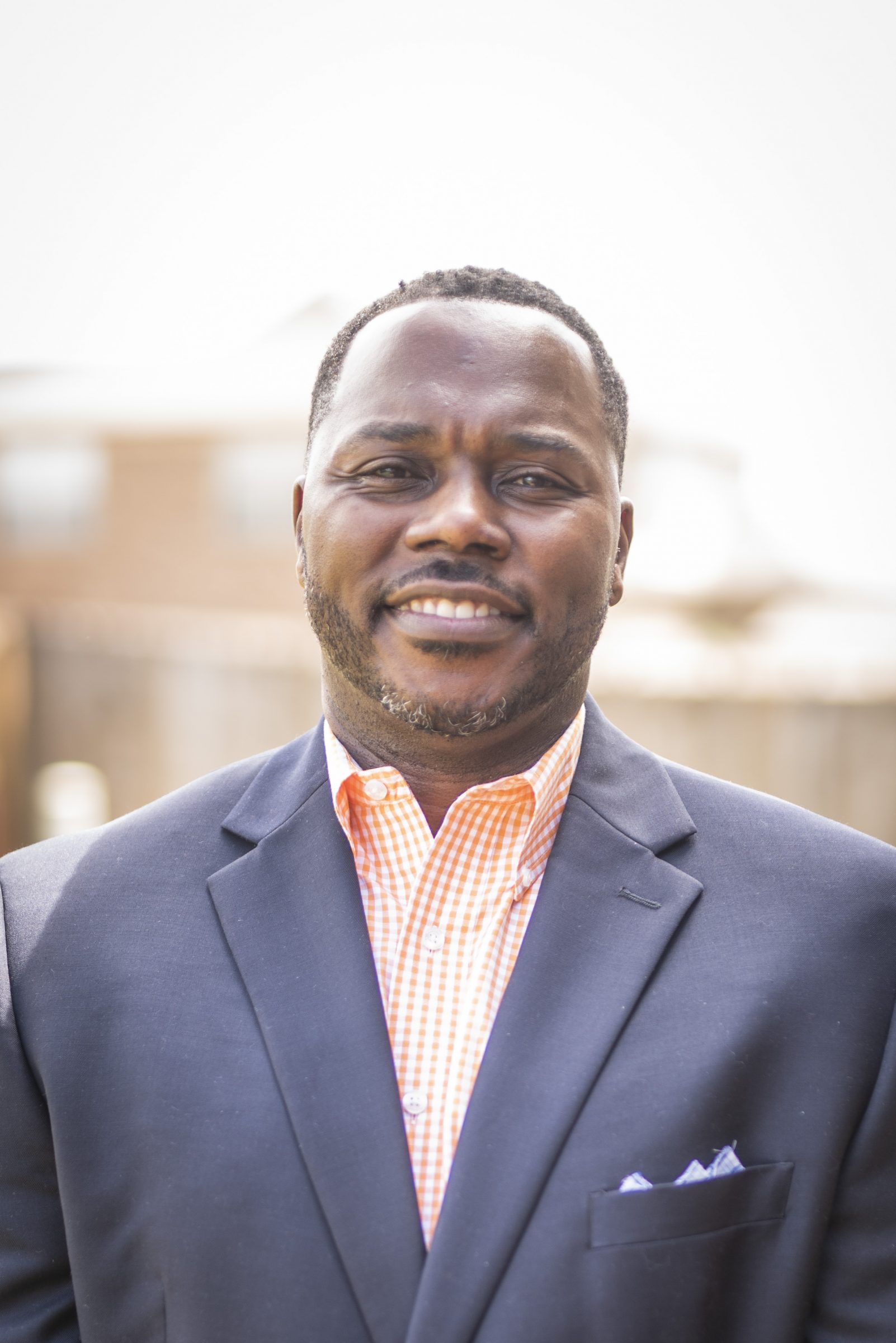On March 10th, the Memphis Interfaith Coalition for Action and Hope (MICAH) hosted a virtual town hall meeting to discuss the need for a conviction review unit (CRU) in Shelby County. A CRU “is charged with identifying and investigating past convictions for credible claims of actual innocence” according to the Nashville District Attorney’s Office, which currently houses the only CRU in Tennessee.
The event featured keynote speakers Sunny Eaton, the director of Nashville’s CRU, and William Arnold Jr., a Black man wrongfully convicted in 2013 who now uses his platform to advocate for criminal justice reform. Arnold spent nearly seven years incarcerated before the Court of Criminal Appeals overturned his conviction in 2020. The Nashville District Attorney’s office subsequently informed the judge presiding over Arnold’s case that it would be dismissed.
Janiece Lee, Vice President at MICAH, discussed how the implementation of a CRU in Shelby County would assist in holding the justice system accountable in terms of both previous rulings and future cases.
“In almost every field, there’s some kind of checks and balances,” Lee said. “Not only does [a CRU] help to ensure justice by looking backwards, but, by determining the things that happened to result in a wrongful conviction, [a CRU] can help prosecutors correct themselves in the future.”

Lee spoke on the role of the prosecutor as a professional who advocates for truth.
“I think we often forget that the prosecutor’s job is to seek justice and to seek truth,” Lee said. “A guilty verdict or a guilty plea does not mean we are done. If justice and truth means overturning a wrongful conviction or dismissing charges, then that is the responsibility of the prosecutor’s office.”
Lee mentioned that Shelby County incarcerates at a higher rate than any other county in Tennessee; she argues that this fact renders a Shelby County CRU a necessary resource.
“We incarcerate at a higher rate than any other county,” Lee said. “We should be a county that believes this is necessary. When your [District Attorney’s] office touches so many cases, mistakes are going to happen.”
MICAH has additional committees devoted to social justice. Ernie Hillard, Chair of the Race & Class Equity in the Justice System Task Force at MICAH, works, in part, to improve the lives of recently incarcerated citizens and was involved with the organization of the event.
“With the help of our legislators we have been able to put forward some legislation to pursue expungement of felony records,” Hillard said. “The current system often keeps them from getting employment; we would like to make [expungement] automatic when they complete their sentencing.”
During the town hall, Eaton emphasized that conviction review units are not important but critical to the ethical functioning of the judicial system, as they serve as essential mechanisms for self-accountability. Furthermore, Eaton noted that CRUs should be stationed with a District Attorney’s office for the facilitation of internal review.
Arnold, who was wrongfully incarcerated for nearly seven years of his life, described the CRU as a way to balance out the judicial system and to prevent the unlawful incarceration of both people of color and people of lower economic status.
After both keynote speakers presented, a Q&A followed in which Eaton and Arnold fielded questions posed by attendees. The event concluded with a call to action, which outlined how citizens can work toward making the vision of a Shelby County CRU a reality.
Among the avenues suggested was raising awareness by discussing the need for a CRU within their respective circles and communities. More importantly, citizens are encouraged to vote and support local politicians who are in favor of establishing a Shelby County CRU. Current Shelby County District Attorney Amy Weirich has expressed opposition to the creation of a CRU within her office.
Lee described the ultimate goal of any CRU as one aimed to restore the dignity of wrongfully convicted persons.
“We cannot make it right in a wrongful conviction,” Lee said. “But we can do everything we can to give [a wrongfully incarcerated person] their name back, their dignity back, their reputation back. And we cannot delay it.”
